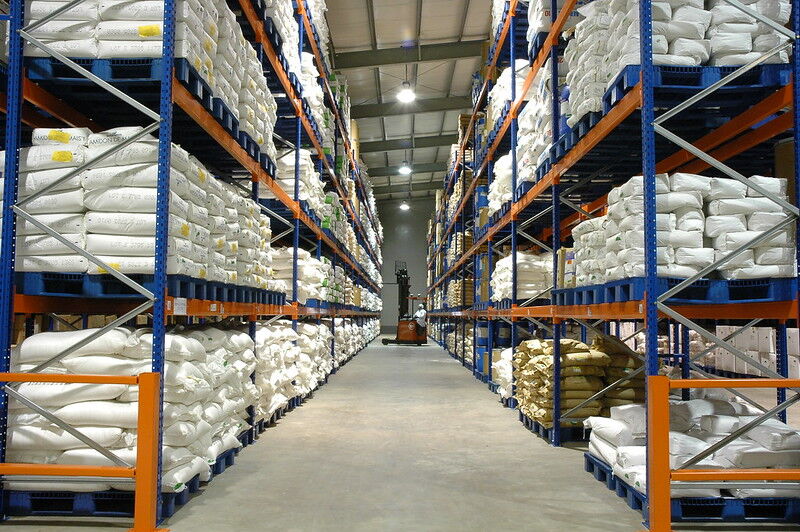Editorial: Amazon does not protect its workers
The ISD Editorial Board details Amazon’s history of anti-union activities and grueling working conditions for employees across the nation.
April 19, 2021
Companies have a duty to provide safe and healthy working conditions for their workers. Poor working conditions can lead to illness, injury and even death; employees who work in grueling environments without proper support can face serious mental health problems in addition to a variety of physical issues.
In early April, Amazon workers in Alabama voted against forming a union. This was a victory for Amazon, a company that has been facing intense scrutiny for its harsh working conditions and anti-union tactics.
The warehouse in Bessemer, Alabama, would have become the first unionized Amazon warehouse in the United States had employees voted to unionize. The pro-labor movement has received national attention, with support from President Joe Biden, Sen. Bernie Sanders and other prominent politicians, in addition to several celebrities.
The Retail, Wholesale and Department Store Union led the drive for a union and said it was defeated by Amazon’s anti-union tactics before and during the voting.
The overall movement has drawn attention to the terrible working conditions at the company, particularly for delivery drivers and warehouse workers. These conditions have only been worsened by the COVID-19 pandemic.
PBS Frontline released a documentary in February about the retail giant, which featured interviews with former employees that worked in the company’s warehouses, which Amazon calls fulfillment centers. In the documentary, former employees described intense conditions in which they felt “pressured” to fulfill what they termed “unrealistic expectations” at the company, to the point that some reported having to ignore safety rules to make rate.
This can and will lead to unsafe working conditions and high rates of injury.
One of the worst warehouses, located in Staten Island, has an injury rate that is as high as three times the industry average — revealed by Amazon’s own reports to the Occupational Safety and Health Administration (OSHA). Amazon dismissed the claims as a misrepresentation of the data, of course, but the numbers support other findings made by the nonprofit New York Committee for Occupational Safety and Health, essentially an industry watchdog.
Amazon refuses to comment, and it’s not entirely clear if these extremely high injury rates are an anomaly contained to this warehouse because much of the data is not publicly available, but it should be noted that investigations by other news outlets found warehouses with injury rates nearly twice the industry average.
Many workers grew more outspoken, and many people more concerned, during the COVID-19 pandemic, but the unsafe and sometimes downright dangerous environment in warehouses has, as we’ve shown here, been an issue for years.
It’s not just injuries, and it’s not just in the U.S. A 2018 report shows that Amazon workers in the UK were so afraid of missing target numbers and being disciplined for “idling,” and subsequently losing their jobs, that they avoided going to the bathroom because it was too far away in warehouses.
This practice is also well-known in the U.S., despite Amazon’s vehement (but false) denials — documents given to the Intercept show that management was well-aware of the fact that workers and delivery drivers often had to resort to urinating in bottles while on duty.
Amazon pays workers at least $15 an hour, which is generally higher than other part-time jobs in some areas of the country. In Alabama, it’s a relatively high-paying job and a wage that many can’t find elsewhere, which is likely part of the reason there was a large vote against forming a union.
Many workers are understandably worried about losing their jobs and not being able to find one that pays as well, especially during the pandemic, so they will overlook harsh working conditions and safety issues. If they do speak out to news outlets, as many have done already, they will remain anonymous for fear of retaliation from the company.
The company has also, alarmingly, admitted to hiring spies to collect information on employees. Amazon has proven and even openly acknowledged that it is staunchly anti-union and will go to great lengths to suppress labor activities internally.
Amazon cannot claim to be a progressive workplace when it admits to union-busting practices, when its workers have to urinate in bottles and when employees cannot operate safely.
We need to continue to focus on the unsafe and unsustainable practices of Amazon as a company and pressure the company to do more to protect their employees. Every worker deserves better.

















